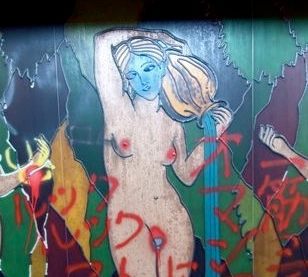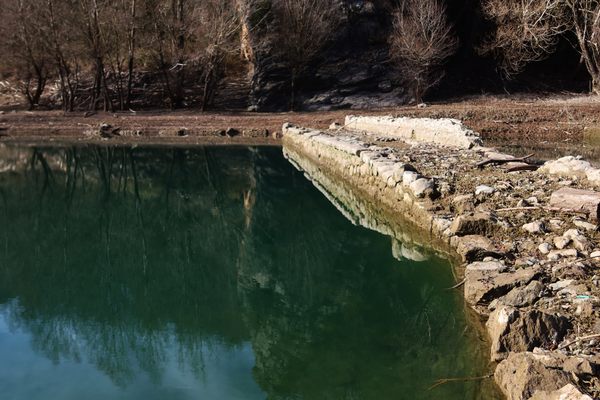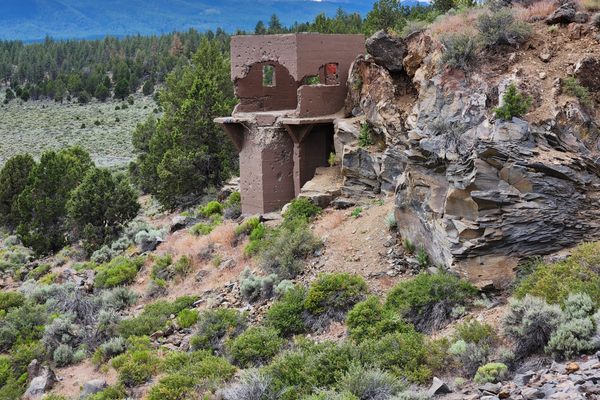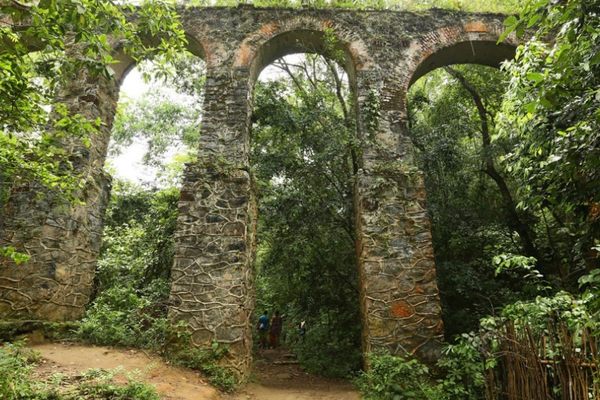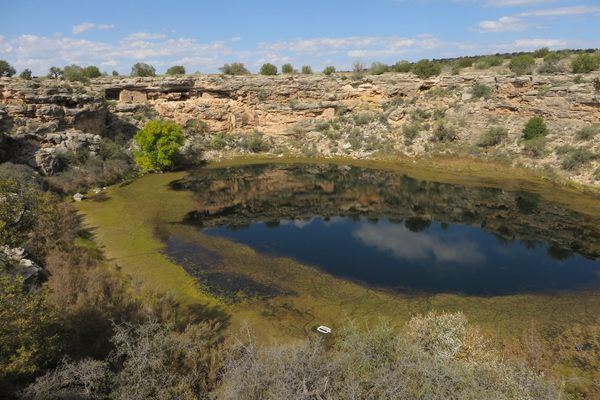About
An invention of the Japanese sex industry 'Soaplands' are descended from Turkish water brothels, places where the hard-working Japanese salaryman can go to get himself soaped down by a young and nimble nymph. Originally known as toruko-buro, or Turkish baths, after protestations from the Russian Embassy the name was changed to Soapland.
Soaplands became popular after outright prostitution was made illegal in Japan, as here the service is being bathed not explicitly sex. The legality of these places is much in question, with a wider range of deeds considered legal than you might expect. Due to this semi-legality, the places are often run by 'yakuza'- Japanese gangsters, situated in red-light districts.
The Queen Chateau Soapland Haikyo (Haikyo is a Japanese term meaning ruins) in Ibaraki is at once a grand but squalid folly. A bath-based brothel rising 5 fairy-tale stories into the sky, cornered with towers and capped with bright red tile, it represents an era gone mad with indulgence, audacity, and hopefulness.
Today the Queen Chateau Soapland lies in crippled ruin, its bright colors fading, its halycon days of glamor and glitz supplanted by ghost-like hangings in its dim and dusty bars. Its grand playing-card Queen still stands aloft emblazoned across the front of the building, but her stare is now more that of a toothless Ozymandius than a haughty mademoiselle.
Written by Japanese Haikyo expert and explorer Michael John Grist. More about this place and other Haikyo can be found on his site here.
Related Tags
Know Before You Go
In an unexpected turn of events, the building has escaped demolition but is now occupied by another soapland, (unfortunately) back in business. The former Queen Chateau has retained its castle-like silhouette, but has been renovated, repainted, and rebranded without a trace of haikyo ambience.
Hidden Japan: Sado Island, Nara & Kyoto
Explore a different side of Japan.
Book NowCommunity Contributors
Added By
Published
December 22, 2009




